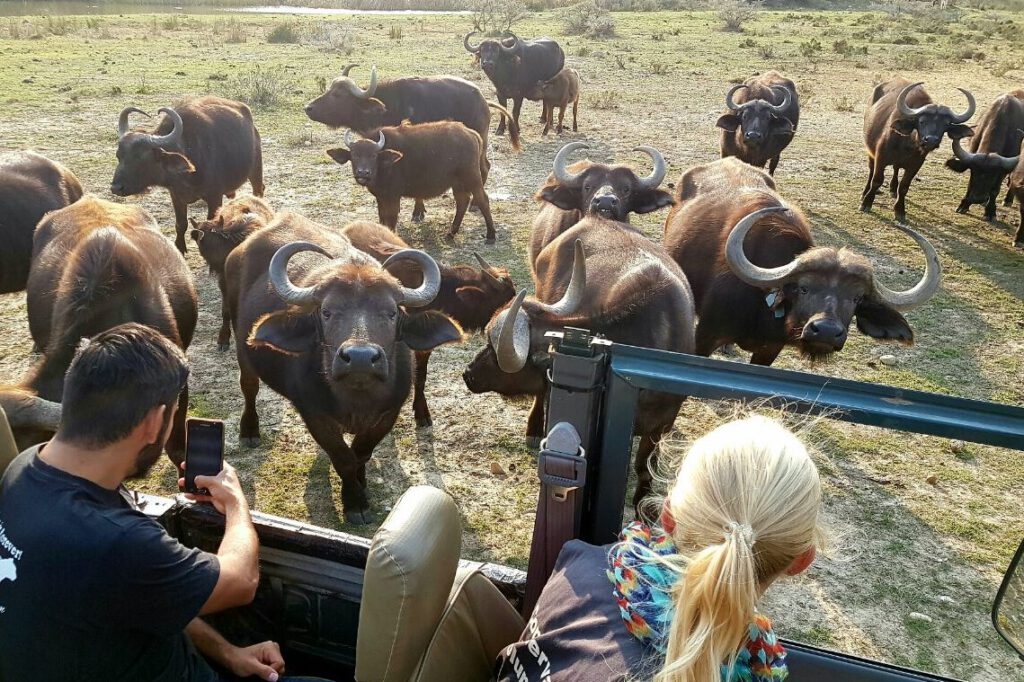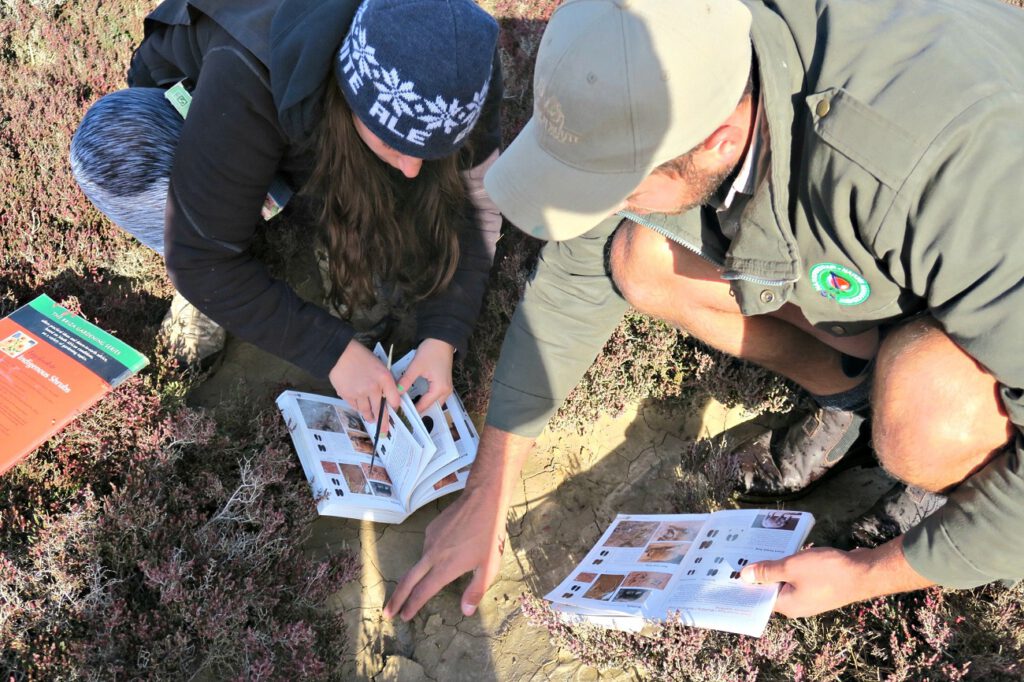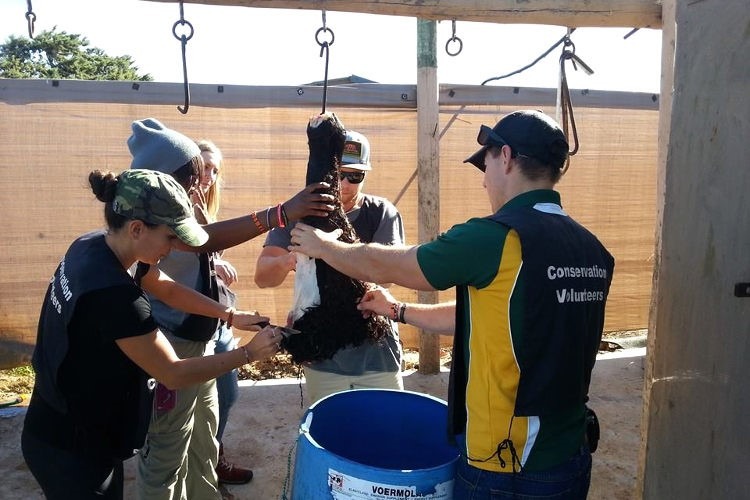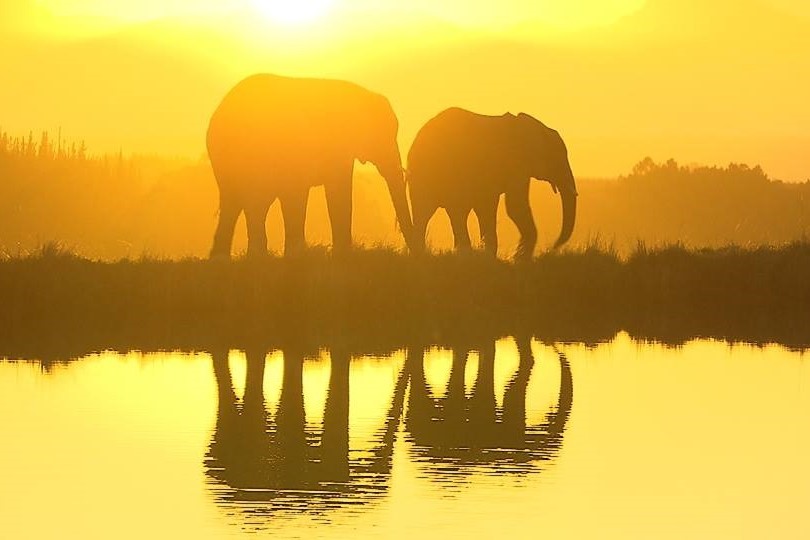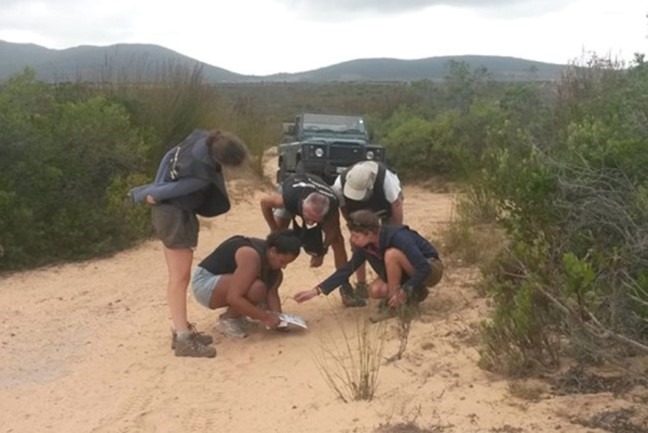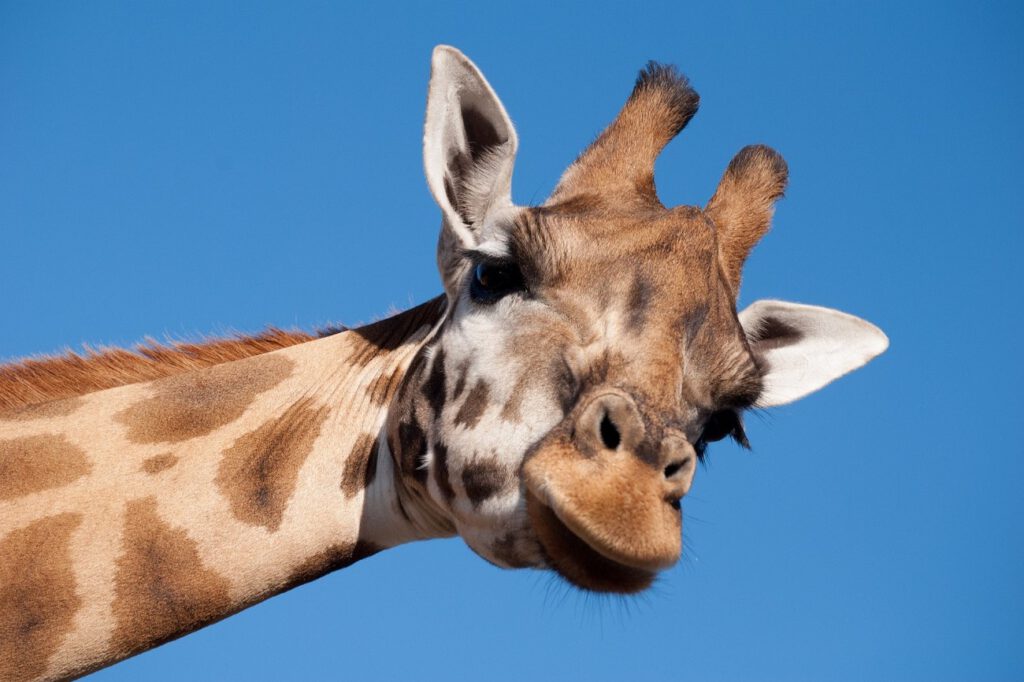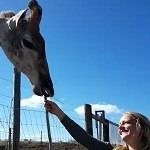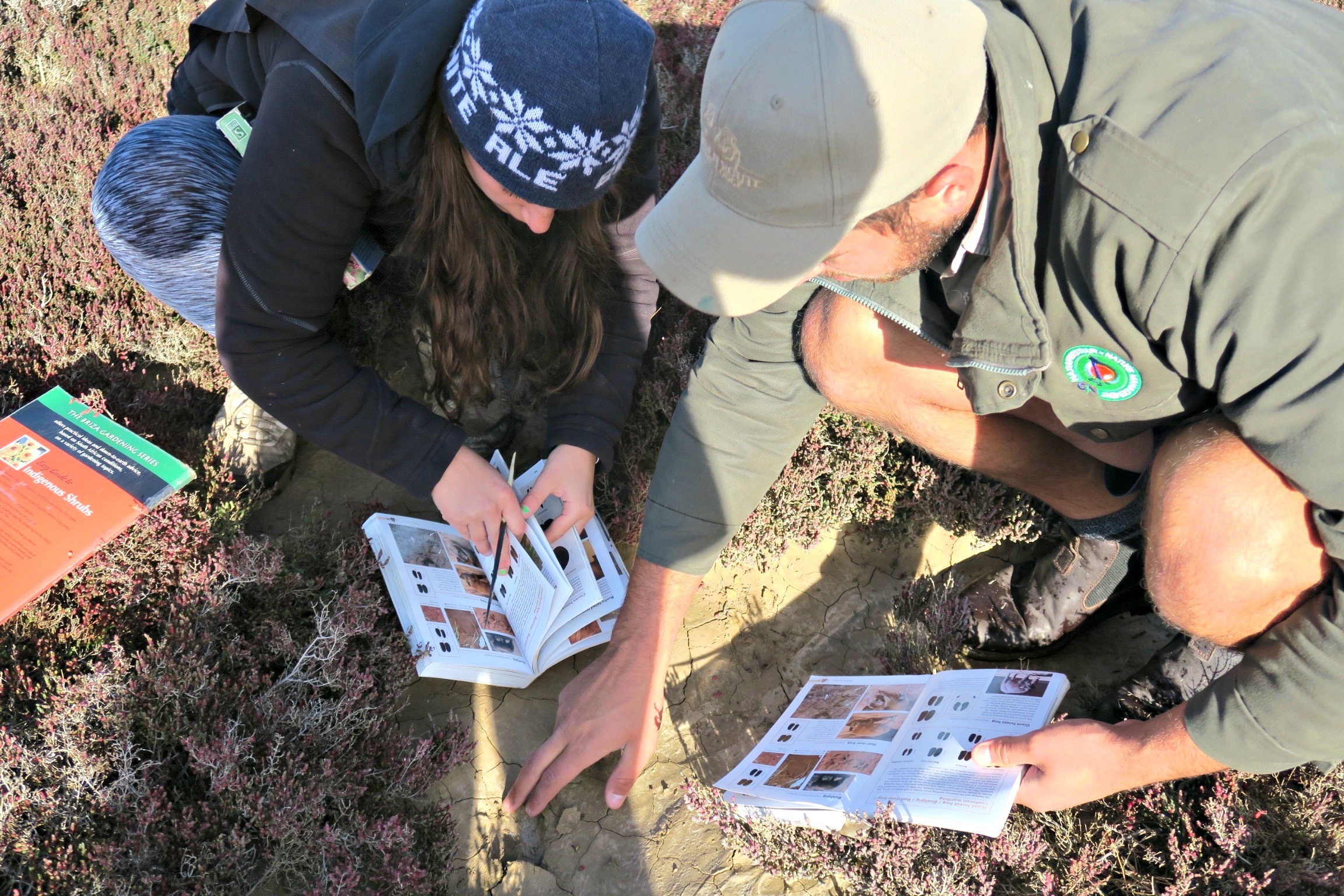The Big 5 Conservation Volunteer programme has been developed by a South African wildlife conservation expert to offer participants an incomparable volunteer experience, practical knowledge and diverse hands-on encounters with the world famous “Big-Five” animals of Africa as well as a multitude of other wild animals found in Africa. As a volunteer, you will learn numerous facets of operating a wildlife game reserve, and you will contribute to returning some of Africa’s lands back to their original state – an African savannah teaming with wildlife.
As part of the programme, you will be working in three different game reserves along South Africas’s fascinating Garden Route. You will be instructed and involved in many of the disciplines central to managing an African game reserve. Specific focus is placed on managing the wildlife, conservation, reserve maintenance, the tracking of free roaming cheetah, elephant care as well as various research projects. The course is run over two or four consecutive weeks, with the option of staying longer. Volunteers will also engage in night-time and dawn/dusk activities, research, monitoring and patrolling.
The Big 5 Conservation Volunteer program is a once in a lifetime opportunity for aspiring wildlife conservationists or nature enthusiasts. The program will demand much from participants, mentally and physically; however, the demands are well within the capabilities of most volunteers, and whilst being challenging, it is both enjoyable and exciting. It is an opportunity to learn invaluable new skills, experience Africa’s unique environment and wildlife, be part of the difference that returns the environment to its natural, original state. It is not only about what you take with you, but the lasting effects of what you leave behind.
If you are a student of conservation management, biology, zoology, environmental education, or related fields you can get your participation accredited as an internship.
Like all our projects in the field of wildlife conservation, the work is done in game reserves with a strict “Hands-off” policy. This means that visitors and project staff do not have any physical contact with the animals except for medical reasons.

